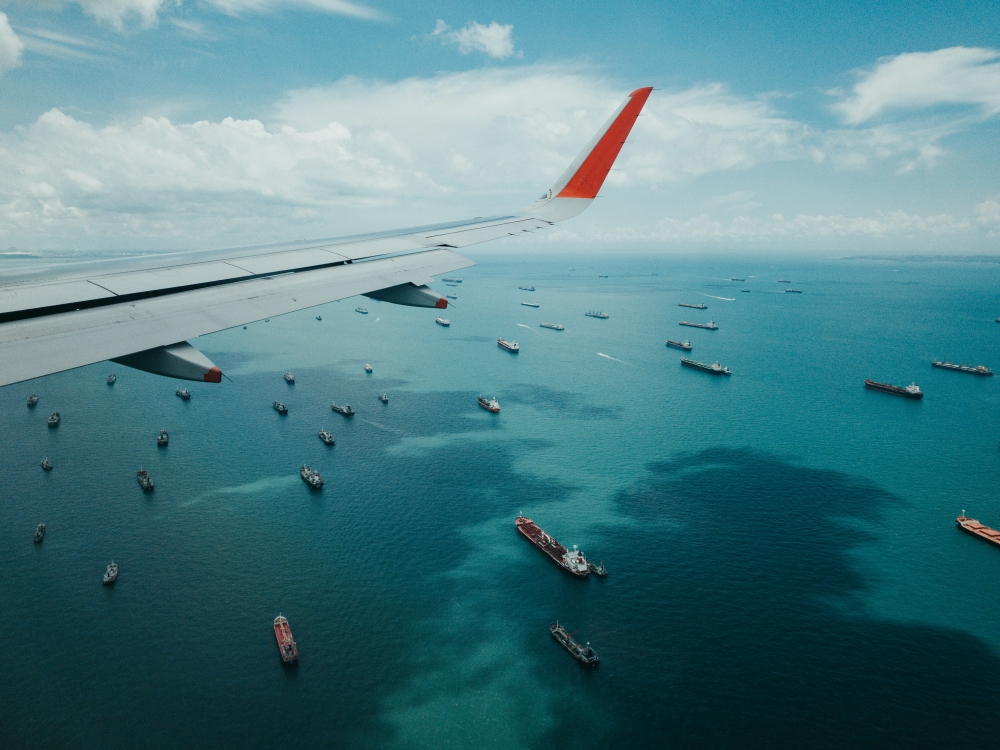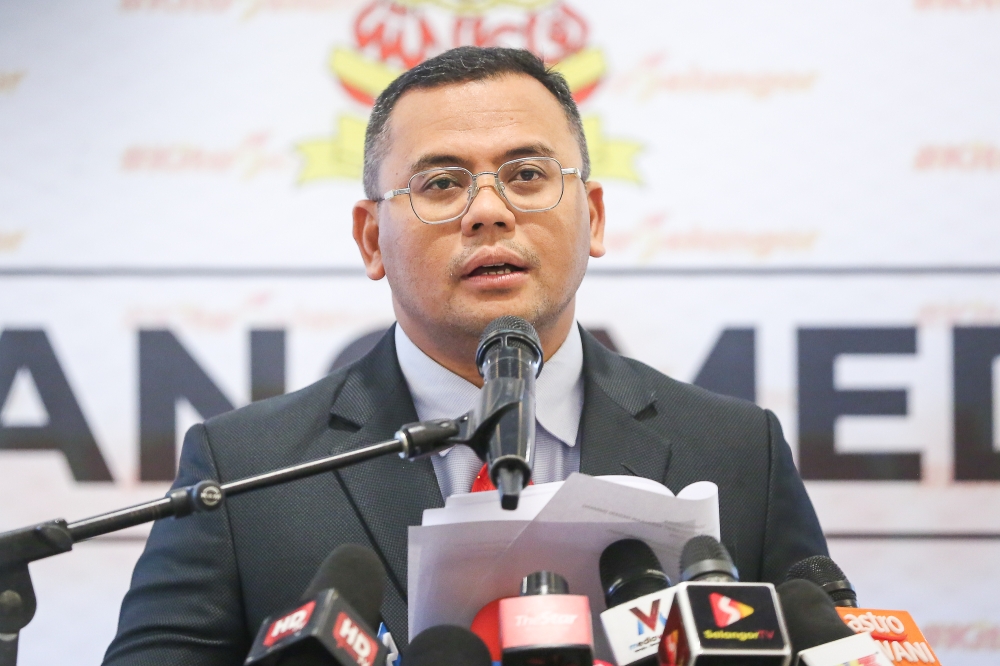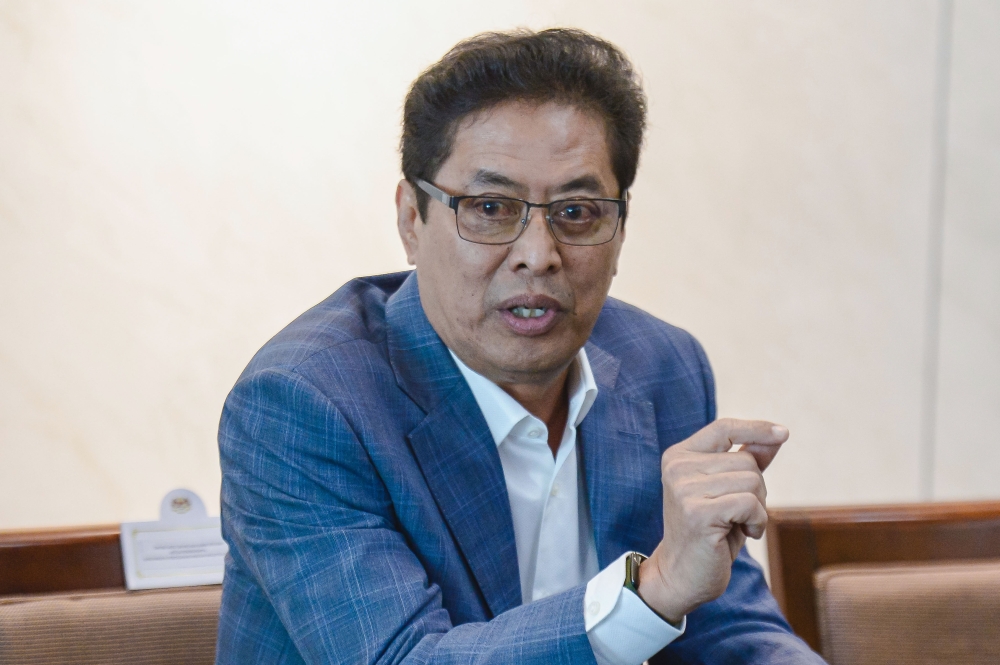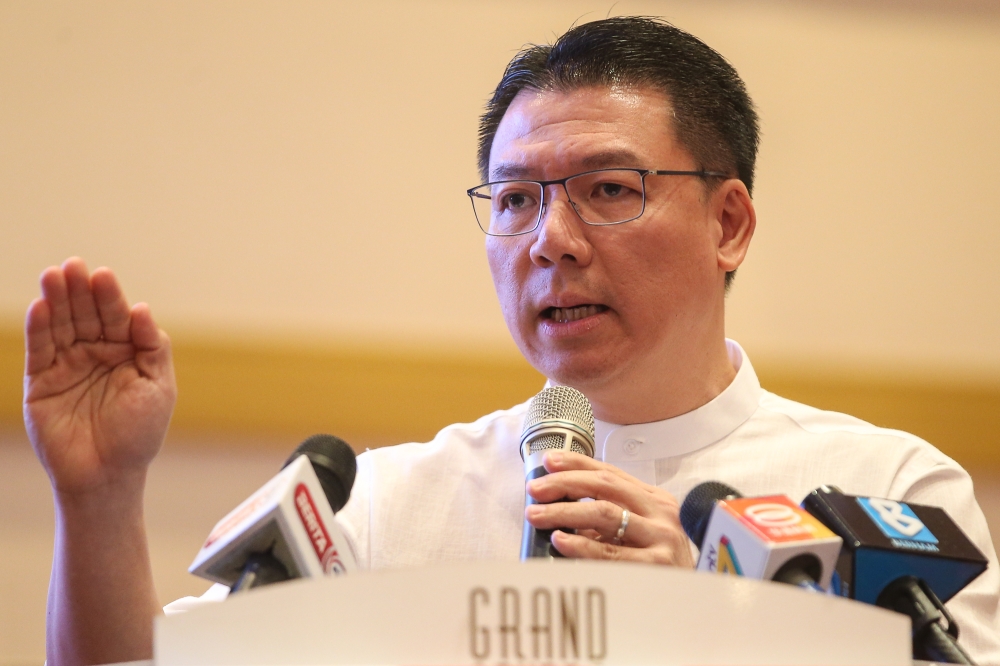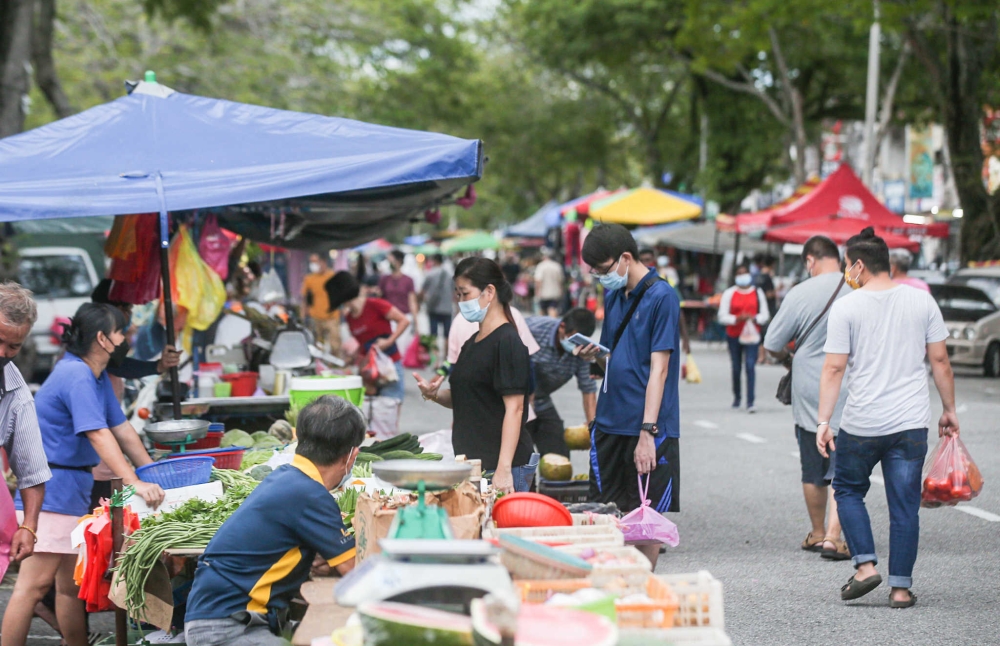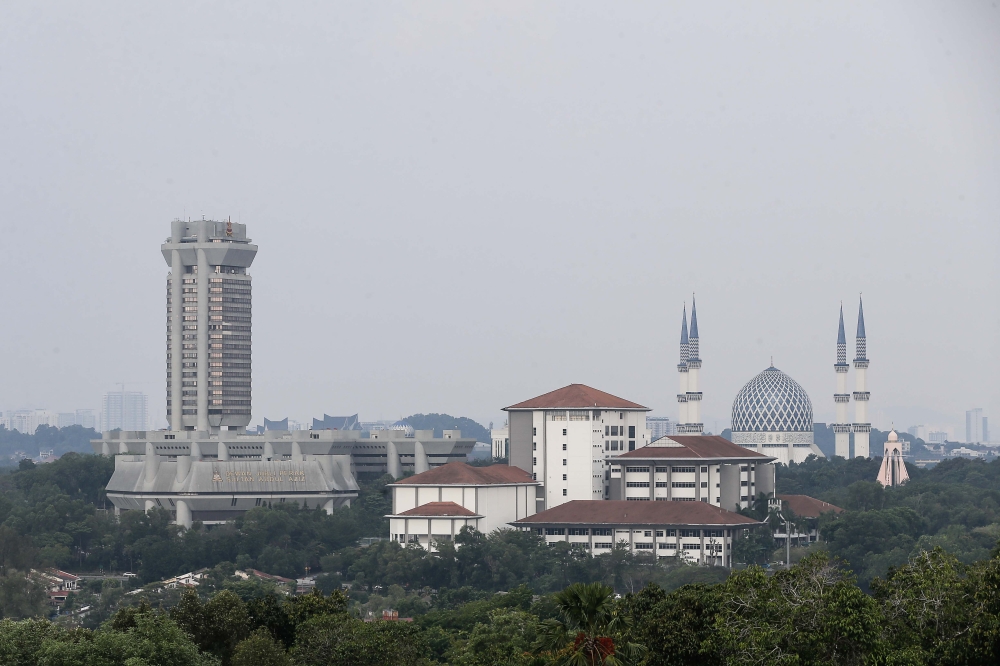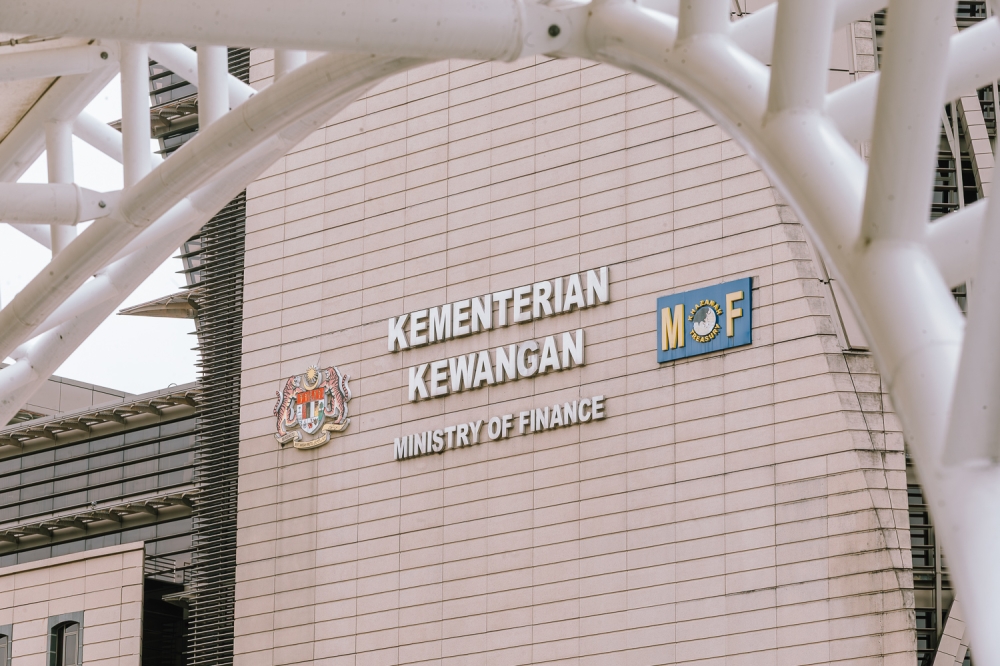NOVEMBER 9 — How weekly traffic delays in your neighbourhood are caused by the absence of local elections is the fixation today. In an itching to be developed Malaysia.
This drive requires a few turns before it takes you to the conclusion.
As of 2021, Malaysia had more vehicles than its 33 million people, although slightly less than half are two-wheeled. This, according to road safety expert Professor Dr Kulanthayan K.C. Mani of Universiti Putra Malaysia, as reported by The New Straits Times on June 9, 2022.
As such, traffic congestions in overly concentrated Klang Valley remain a perpetual headache for local councils. Their challenge is dual, to cut down bottlenecks and ensure orderly parked vehicles, the latter this week’s focus.
Seasonal or weekly events’ disorder results in illegitimate organic parking, which worsens traffic conditions.
Events like?
Congregations at mosques, temples and churches, and the others being concerts, football matches, festivals and expos. The designated parking spaces are vastly inadequate.
How do our “first world aspirant” municipalities deal with it?
The quick answer is not very well.
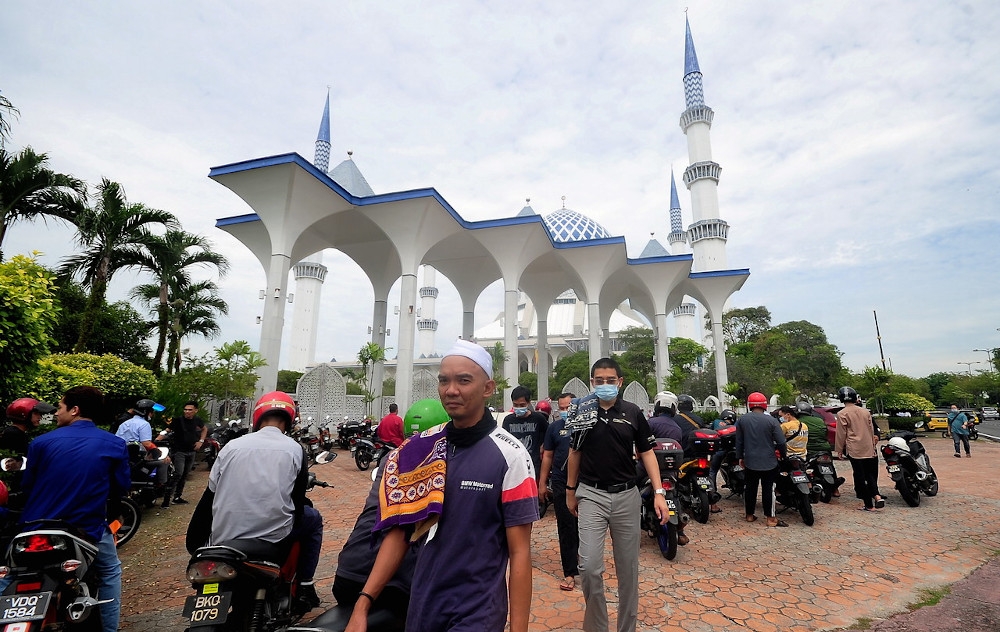
In a country where planned and orderly public transportation to stadiums is non-existent, the natural inclination is to drive. If one in three to a packed Bukit Jalil Stadium event drive, the venue would need more than 28,000 spots.
Places of worship usually are central and predate the development stage of councils, and therefore end up encircled by condominiums or malls. Parking is scarce.
And therefore, impossible parking situations result when it’s a prayer day or the stadium has a concert by a world-famous artist.
It appears there is no solution in sight even if other foreign cities manage them better.
Here, it fails due to self-interest, council passivity to community needs and lack of incentives.
This article is part of the “Getting to be a developed country” series. Already discussed first world requirements, and last week, pasar malam.
Power to the uncaring
Local councils represent the people — even if the rakyat is generally unaware about it.
The 1965 decision to end local council elections did not remove their broad autonomy nor were council powers passed to the local government ministry or state government.
Local councils remain potent, only unelected by the people most affected by them.
Their paymasters, the local government ministry, parade them as bureaucracies, which is why they are hard to tell apart from district offices which are purely government. The state government, meanwhile, oversees local councillor appointments — who in theory run the councils.
The councils are in a dangerous grey area, undemocratic deliverers of most value to voters but officious, inflexible and mired in cross jurisdictions.
They are central but remain indifferent, mutated by national power realities at inception.
Presently, local councils see parking as a revenue source, however minimal. At least it pays for the enforcers and various payment systems. Shah Alam City Hall collects RM12 million in parking but spends close to RM590 million to run the city.
Park by the store or playing field, in an undesignated spot and a compound ticket would be forthcoming.
It’s different for some instances.
Double-park outside a mosque on Friday midday or later that day outside a temple, and local councils are not keen to do anything about it.
Why the double-standard, especially to the more dastardly double-park?
There’s a political component element to the situation that disables enforcers to act.
The congregants believe they have a right to abandon traffic laws when at a house of worship, and if they are flagged then they point at other faith’s congregants doing the same.
Since everyone is doing it, then nobody gets rolled over it.
The self-interest of the council is to do the dreary things like trash collection, grass cutting and approving signboards — which have serious financial implications but without fanfare — than get caught in a controversial matter steeped in emotions. Religion is right up there when it comes to emoting.
So, councils rather not wade into the impossible, and risk it escalating.
Further, the only ones who suffer are other community members. One part of the community is doing to the rest of the community, and it’s a bit of passing the inconvenience parcel around. Everyone in a way inconveniences the other, and half-hour traffic one day a week cannot be too much bother, can it?
It is too much bother, but local councils choose indifference since local communities are not their bosses — the local government ministry managing their pay and the state government who appoint the councillors are.
The pain is not felt by a detached local council manned by senior management seconded there by state and ministry. The community is not exempt from the pain. However, the community is exempted from affecting the council, other than to request, like peasants to overlords.
Finally, incentives.
Managing the council translates to power, and the various contracts — trash, business licences and maintenance — are financially incentivised. Ensuring some event area's congestions are handled better is not financially rewarding, just a distraction, an unrewarding distraction more so.
So here the resistance is formed from self-interest, feeling unbothered about the locals and the lack of compensation to care.
This is not to say overcoming the situation would be easy.
Local councils have to take the lead in engaging the committee running the place of worship, liaise with police and adjacent businesses, bring the various groups into a discourse, and to present themselves as honest brokers for the betterment of the overall community and not just one stakeholder. To cultivate trust and a sense of belonging, and most certainly not to alienate every group.
It is hard work, it is laborious work, it is a work of passion based on doing what is right.
That is not possible with the local councils because their objectives and goals are far misaligned from the community’s.
The local council has to appear to care and mask it enough to pass its KPI, and the other suffers the situation without any leverage.
Mind you, the ones who suffer are the ones who matter more, and this failure is one of the many, many things that keeps Malaysia off the pace from being a developed nation.
The politicians, before and present, lie about the issue because it is about rationalising power which may disadvantage them. They too are fuelled by self-interest, passivity to the problems of those who have no democratic power, and feel there’s no buck to be made in alleviating traffic woes in a corner of Bangsar or Bangi.
Elections cost, but they also make a freer people, starting with councils. Also, helps with finding a legitimate parking space.
* This is the personal opinion of the columnist.





